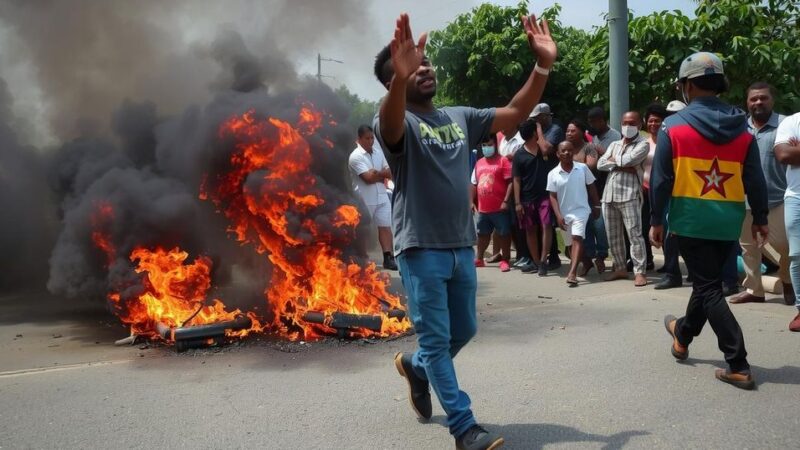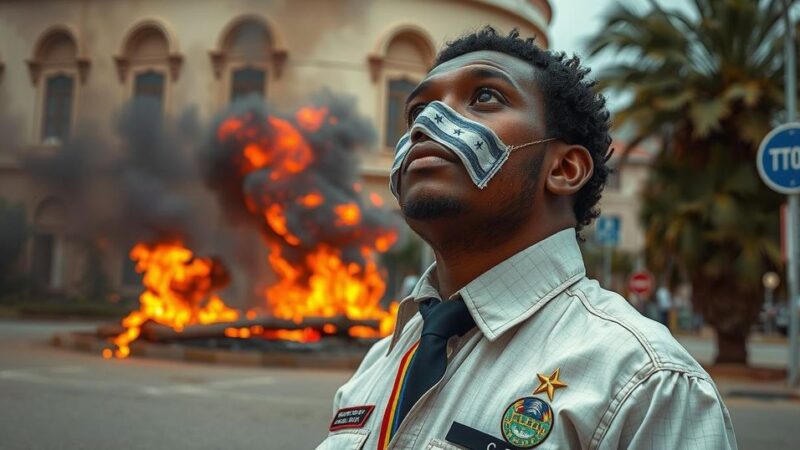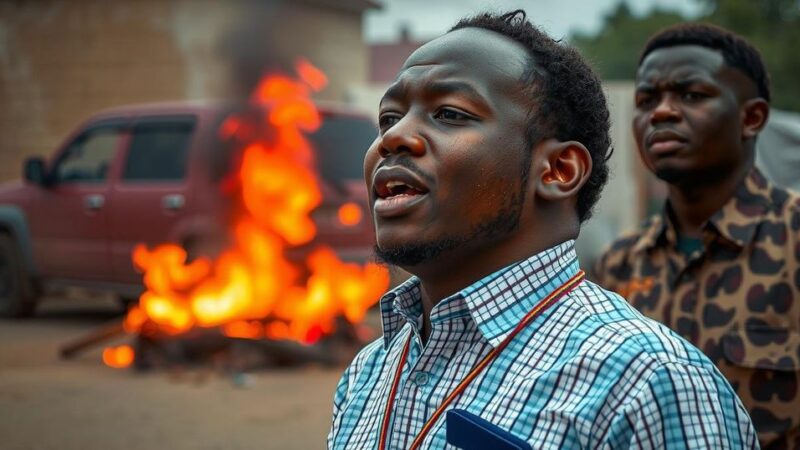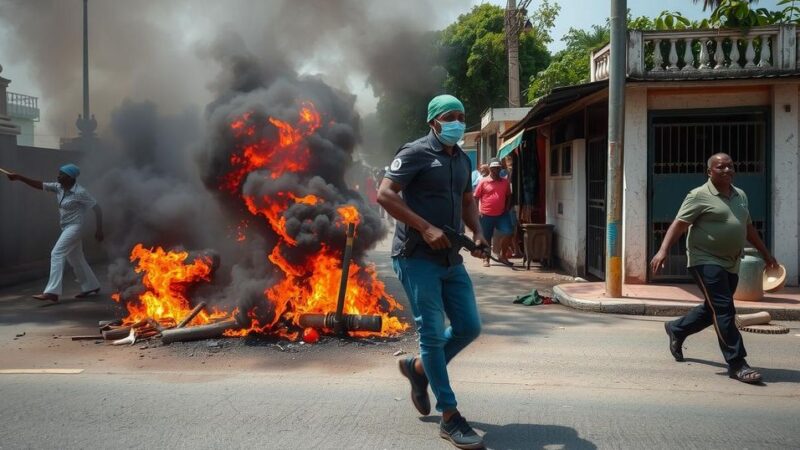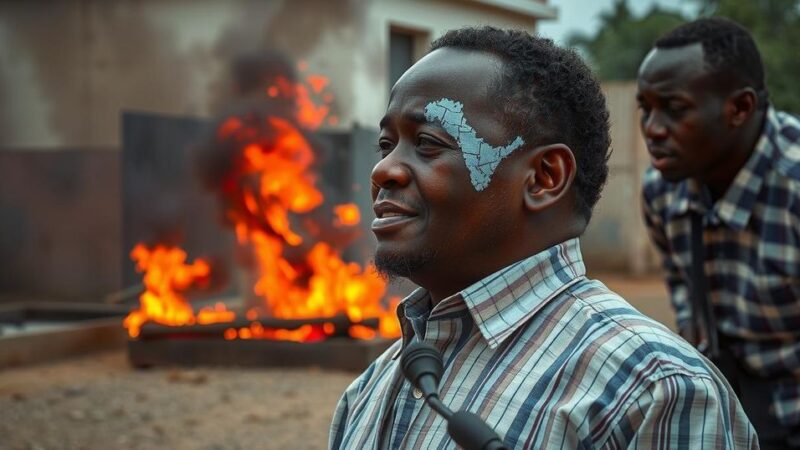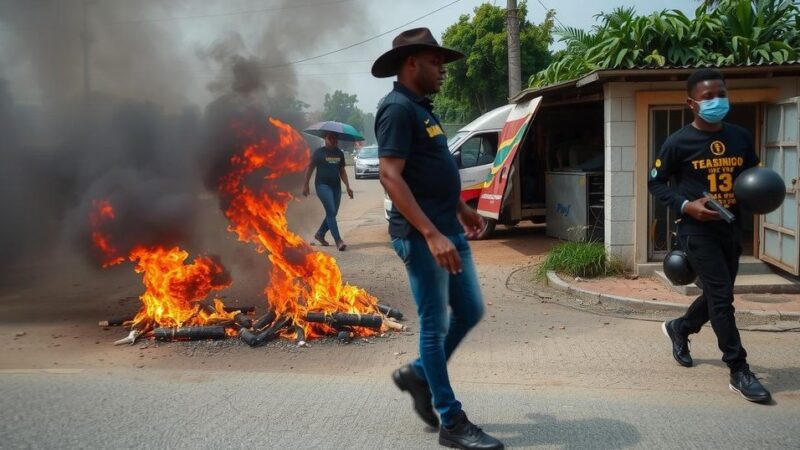Mozambique is preparing for potentially transformative elections with candidates representing both the ruling party and opposition vying for the presidency in a nation plagued by corruption and armed conflict. Young voters seek change, while lingering issues of stability and economic hardship challenge the electoral climate. Results will unfold within weeks, with international scrutiny measuring the integrity of the electoral process.
Mozambique is set to hold elections that could herald a generational shift in leadership, with a president potentially born post-independence from colonial rule. Approximately 17 million out of a population of 32 million are eligible to participate in these pivotal elections, which encompass both parliamentary and provincial positions across 11 regions. Current President Filipe Nyusi of the Mozambique Liberation Front (Frelimo) will conclude his eight-year tenure amid ongoing challenges, including the impact of a notable corruption scandal and significant armed conflict in the Cabo Delgado province, all while the population grapples with widespread poverty and insecurity. Nyusi’s successor is poised to be one of four candidates: Daniel Chapo, extensively backed by Frelimo’s infrastructure, draws on his government experience yet faces skepticism regarding his association with a corrupt administration. Ossufo Momade, the leader of the opposition Mozambican National Resistance (Renamo), appeals primarily to historical loyalties among older voters. Venancio Mondlane, a rising independent candidate favored by the youth, has garnered significant support among younger populations seeking change. Finally, Lutero Simango, leading the Democratic Movement of Mozambique (MDM), has focused his campaign on economic development and job creation through local resource exploitation. Amidst these dynamics, key issues influencing voter sentiment include a rising armed conflict in Cabo Delgado, unemployment amidst vast natural resources, and the need for climate resilience in light of recent natural disasters. The election results will begin to roll in shortly after polls close and will be officially tallied by the National Election Commission within two weeks. Meanwhile, observers will be on the lookout for any signs of electoral fraud, as past elections have raised allegations regarding the integrity of the electoral process.
As Mozambique approaches this critical election, the political landscape is heavily influenced by the fallout of a corruption scandal linked to the Frelimo party, the current ruling party, which has dominated the political scene since independence. President Filipe Nyusi’s administration has faced significant public disillusionment due to both mismanagement and a rising armed insurgency complicating governance in the northern region of Cabo Delgado. With a largely youthful demographic seeking better employment opportunities and prospects amidst these challenges, the upcoming elections represent a pivotal moment in the country’s democratic journey.
In conclusion, Mozambique’s upcoming elections represent not only a potential shift towards younger leadership but also a referendum on the country’s governance quality amid pressing issues such as corruption, armed conflict, and economic instability. The candidates’ varied backgrounds and promises reflect a nation at a crossroads, where the aspirations of its youth could finally reshape the political narrative. With the future direction of Mozambique at stake, the world watches closely as citizens prepare to cast their votes in hopes of meaningful change.
Original Source: www.aljazeera.com


